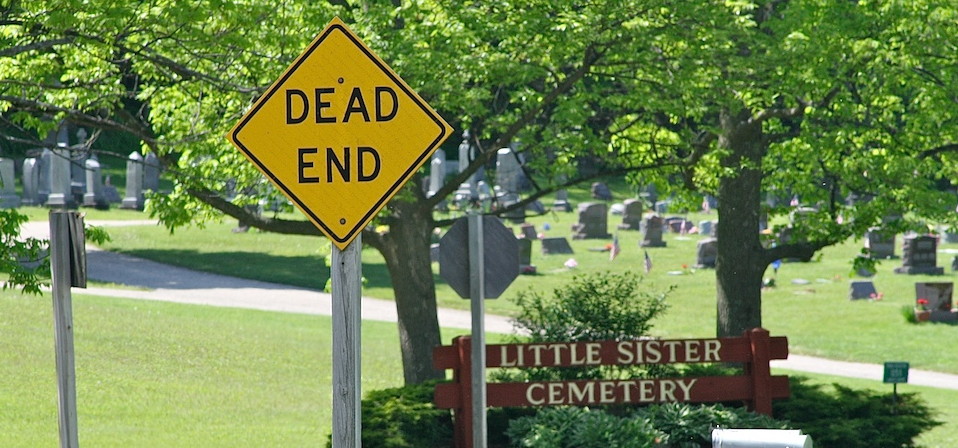When I turned 27, I was ready for a booster shot of faith. It was a strange set of circumstances and quite unexpected. On my twenty-seventh birthday, I realized that I had reached an age that my father never had. He died of sudden pneumonia that overwhelmed him as he sat in an easy chair at home. He had been around the sun 26 times, but just didn’t get around one more time. Had just started adult life, really. As I approached my twenty-seventh birthday, I had this strange feeling that I was about to cross a definitive line—like when an explorer marks the place that is the farthest reach of the previous explorer and then takes one more step into new territory—off the map, over the edge and no turning back. There was nothing at all pleasant about this sensation: It was frightening and lonely and I was embarrassed by it, so I hardly told anybody.
To be more exact, I felt like I was living on borrowed time, like I had gone farther in life than I should have. A 20-something man shouldn’t be older than his own father. I shouldn’t reach an age when I’d think of my own father as a kid. I derived no view of a heavenly Father through him.
When my wife and I had children, I was already fearing for them. What if I left them when they were two or four years old, which was how old my sister and I were when our father died? What could I do to stop pneumonia or cancer or a plane crash? What commitments can I make? Is there anything much in life I have control over? Is there any guarantee that I can impart to them a sense of purpose and connection with their heavenly Father so that the part of their soul that I could never reach as a parent would be filled with the love of God?
I came to believe that this sense of mortality—which is still vivid to me now with another 25 years having passed and my kids in college—is a good thing. Why should we not feel mortal? We are. This is not morbid—it’s just real.
It drove me to want to believe. And that’s a very good thing. When we believe—really believe by seeking, probing, reading, studying, discovering, consulting, reflecting, studying some more, adjusting, discarding, testing, building, inventing, then rejecting invention—when we believe like that, it feels okay to be off into an undiscovered country. Way off the map. This must be what drives explorers. They must fear the deep blue and the undiscovered tribe in the next valley and the first space walk, but they are carried along by something they believe in.
